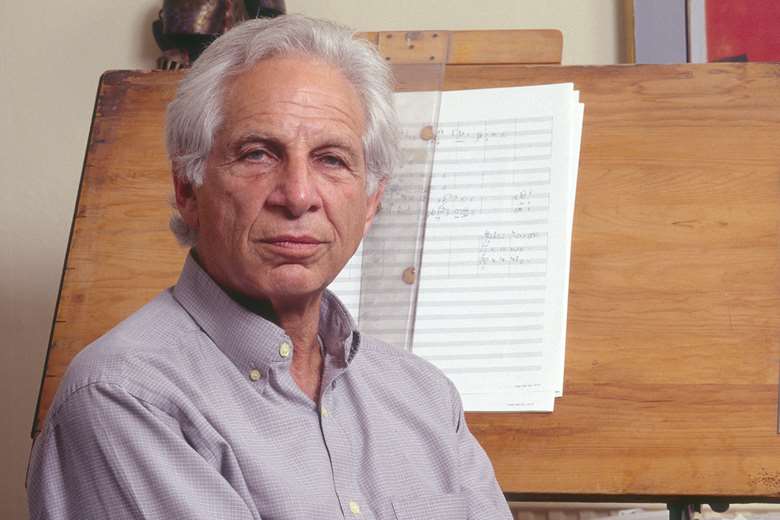The composer Alexander Goehr has died at the age of 92
Gavin Dixon
Tuesday, August 27, 2024
Alexander Goehr was one of the leading Modernists of the 1960s generation

Register now to continue reading
Thanks for exploring the Gramophone website. Sign up for a free account today to enjoy the following benefits:
- Free access to 3 subscriber-only articles per month
- Unlimited access to our news, podcasts and awards pages
- Free weekly email newsletter















